
“It’s been a tumultuous year!” Professor McKee -President, Orthopaedic Trauma Association
“It’s been a tumultuous year!” Professor McKee -President, Orthopaedic Trauma Association

To unlock this feature and to subscribe to our weekly evidence emails, please create a FREE OrthoEvidence account
Already have an account? Click here
DISCLAIMER:
This podcast is for informational purposes only and is not intended to be a substitute for professional medical advice, diagnosis, or treatment. If you require medical treatment, always seek the advice of your physician or go to your nearest emergency department.
The opinions, beliefs, and viewpoints expressed by the individuals on this podcast do not reflect the opinions, beliefs, and viewpoints of OrthoEvidence.
Changes are Inevitable: We Have to Adapt to a World with COVID-19
Host:
Mohit Bhandari, MD, PhD, FRCSC
Editor-in-Chief, OrthoEvidence
Guest:
Mike McKee, MD
Professor | Chair, Department of Orthopaedic Surgery
Physician Executive Director,
Banner - University Medicine Orthopedic and Spine Institute
University of Arizona College of Medicine Phoenix
President, Orthopaedic Trauma Association
PERSPECTIVES
Dr. McKee discussed changes we can anticipate in orthopedics practice given the COVID-19 pandemic. Our discussion uncovered 4 core themes. These themes and their supporting insights are highlighted below.
1. Effects of increasing COVID-19 cases post reopening on elective orthopedic surgery
Since reopening, the surge in COVID-19 cases in the United States has been limiting the capacity of conducting elective orthopedic surgeries in hospitals. Doctors have to save healthcare resources (e.g., ICU beds) for potential influxes of patients with COVID-19. Dr. McKee raised concerns about another round of closures for elective orthopedic surgeries if the numbers of infected patients keep rising.

We basically don't do cases in older patients or patients who have potential risk factors for a bad outcome with COVID and we don't do any cases that require an ICU stay because those beds are in short supply. So essentially we're doing healthy people who can go home the same day in terms of orthopedic cases.
Dr. McKee

We have daily updates from the command center in the hospital about what our bed status is and how close we are to being full [...] So it's a major ongoing concern for us. And if things don't improve, I could see us being closed down again for any elective surgery in the near future.
Dr. McKee
2. Changes in the way individuals attend in-person meetings
Both Drs. Bhandari and McKee agree that COVID-19 will inevitably bring changes to our lives, specifically, in-person meetings.

It would seem to me almost an inevitability that 2020 is going to have a hard time seeing any in person meeting just given the reality of what's happening around the world.
Dr. Bhandari

Any barring of an effective vaccine being available and meetings in 2021 probably for the entire year will be very different from all the meetings you've had before. That's clear.
Dr. McKee
To have in-person meetings during the pandemic, Dr. McKee suggests several prerequisites to be fulfilled. For instance, the place where the meeting is expected to be held should have a low prevalence and incidence of COVID-19. Additionally, social distancing, wearing masks, screening, and hand washing are required, along with short duration for the meeting. Dr. McKee even thinks signing a waiver acknowledging the risk of attending the meeting is necessary.

So I would suspect if a meeting occurs, it's going to occur only because there's good local control of the disease [...] And there's good local control and then you have to do all the social distancing and all the mask and all the screen, all the separation, all the handwashing, etc [...] You'll probably have to sign a waiver before you go to meeting, say, hey, I'm taking this risk at my own knowledge and if something bad happens, I can hold me responsible as long as you do the things you're supposed to do to keep me safe.
Dr. McKee
Both Drs. Bhandari and McKee agreed that in-person meetings under COVID-19 would remain a personal choice built on the perception of risks. For instance, age and pre-existing conditions should be considered.

If you're going to be attending these meetings, you're going to have to start changing the way you think about how you attend meetings in the prior. ‘What we would call inconveniences’, I think, are just going to just be part of routine evaluation.
Dr. Bhandari

There's no such thing as zero risk and you have to bounce what you get out of a meeting like that. The importance of person, education and camaraderie and friendship, you know, a much more effective meeting in my opinion is worth the small risk you take. If you're a 70-year-old diabetic with COPD or on steroids, then you don't want to go. If you're a 30-year-old person, even if you get COVID, the numbers would suggest, your risk of mortality is extremely low. And it might be a risk willing to take depending on your situation. So that's where I see this going forward.
Dr. McKee
3. COVID-19 is also a barrier for industries to carry out in-person meetings
Not only does COVID-19 affect individuals, it also poses great barriers for the industry to hold meetings or activities involving person-to-person interaction.

Company A doesn't want to have a lab somewhere where 20 surgeons who go there get infected with COVID-19. It would be simply disastrous for them. They are very risk averse. They don't want to have one of their employees identified as the ground zero person that infects a bunch of people. So they're very cautious about doing [...] For the foreseeable future, in this setting [in-person meetings], as opposed to other things such as product development or introducing new products, I think this is a huge hit to companies that want to do that because a lot of that stuff depends on in-person observation and instruction and that's just very difficult to go forward with right now.
Dr. McKee
4. Virtual meetings are an alternative but in-person meetings are preferred
When talking about virtual meetings as an alternative, Dr. McKee agrees that virtual meetings are necessary given the current circumstances. However, in his opinion, many people who advocated for virtual meetings before have realized the value of in-person meetings and are passionate to have in-person meetings whenever possible.

I'm okay with virtual meetings. But for everyone I've talked to, you know, it pales in comparison to the camaraderie and knowledge you get from being somebody in person. And so most of us are eager to get back to that when it's possible to do so safely […] It's only when you have the in person meetings taken away from you, you realize really how important they are. And without trying to put too fine a point on it, it's just much better to be in person with someone, and I think that for a variety of reasons, that would be the norm that we all want to return to at some point in the future.
Dr. McKee
Questions and Answers:
Dr. Bhandari: Do you think the current surge in COVID-19 is a result of re-opening? Do you think this is the second wave?
Dr. McKee: I don't think this is the second wave. It is just a continuation of the initial onslaught of COVID-19.
Dr. Bhandari: Do you think we are going to have a resolution for COVID-19 in 2020?
Dr. McKee: No. I think it's going to grumble on. I don't see anything dramatic happening to us and an effective vaccine that's widely distributed. I doubt that's going to happen much before next summer (2021).
Dr. Bhandari: Do you think that the new approach to meetings in 2021 will not be what we used to think of as a standard meeting?
Dr. McKee: Absolutely. At the very least some screening processes will be going on at those meetings and I anticipate everyone else will be wearing a mask by then. So it will definitely look different from what it looks like right now. We'll learn something from those meetings. Some brave group will have a meeting, and the rest of us will watch and see what happens. If it goes well, and they're good and lucky, and nothing bad happens, that would say, Okay, this is how we're going to live with COVID-19 for the foreseeable future, and make something happen.
SENSE-MAKING
Dr. McKee explained concerns about another round of lockdown for elective orthopedic surgeries if the COVID situation continues to deteriorate after reopening. More importantly, he believes that COVID-19 will bring a lot of changes to in-person meetings in the future, which we have to adapt to. It will change the way we make decisions when planning to attend a meeting, as our individual perception of the risk of infection and our adoption of preventive measures such as social distancing and wearing masks will greatly affect our decisions. Finally, industries will also have to cope with the damage caused by COVID-19 in their activities requiring person-to-person interaction.
How to Cite:
Mike McKee. Changes are Inevitable: We Have to Adapt to a World with COVID-19. OE Perspectives. 2020; 1(2):2.




 LOGIN
LOGIN



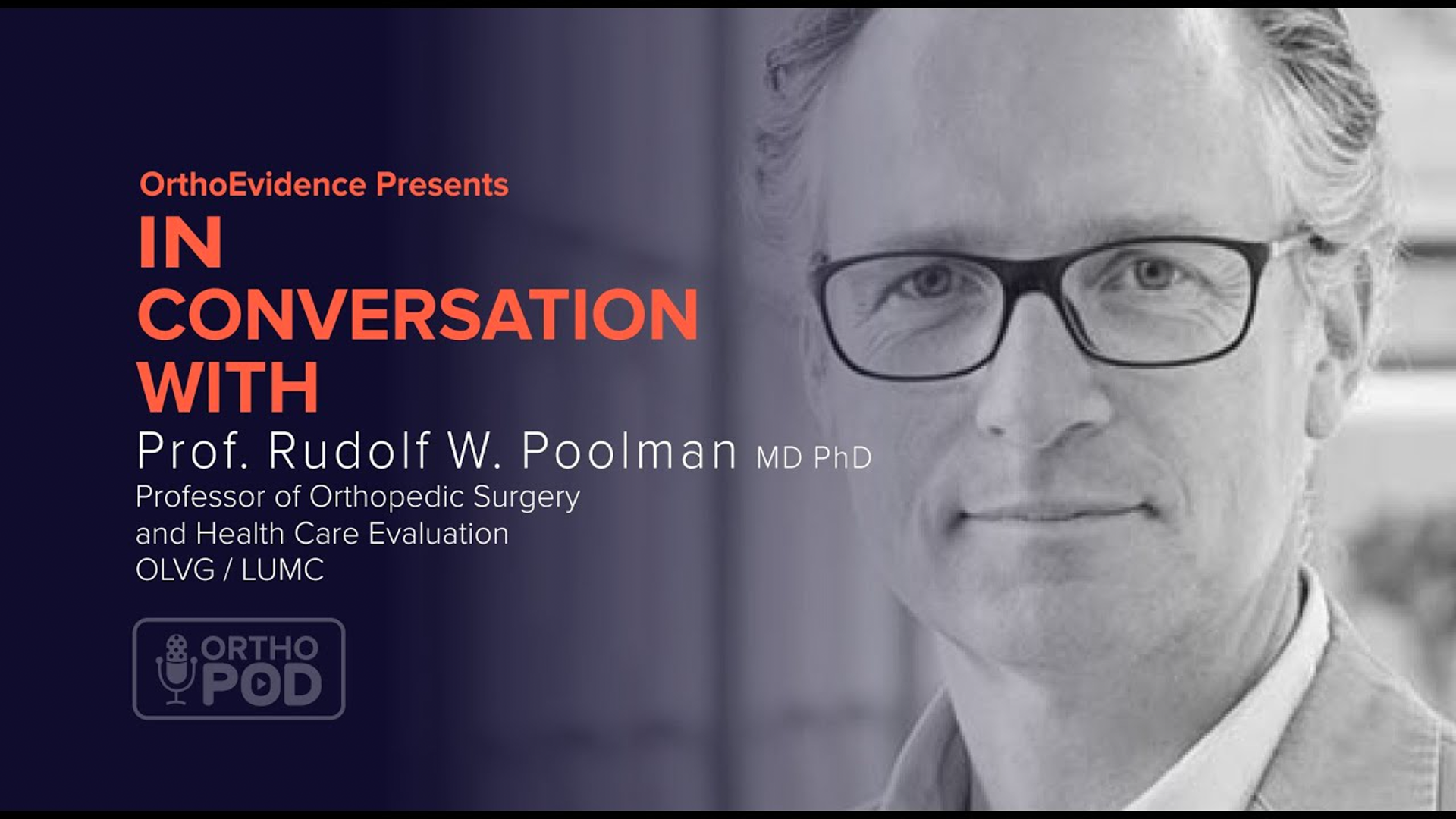

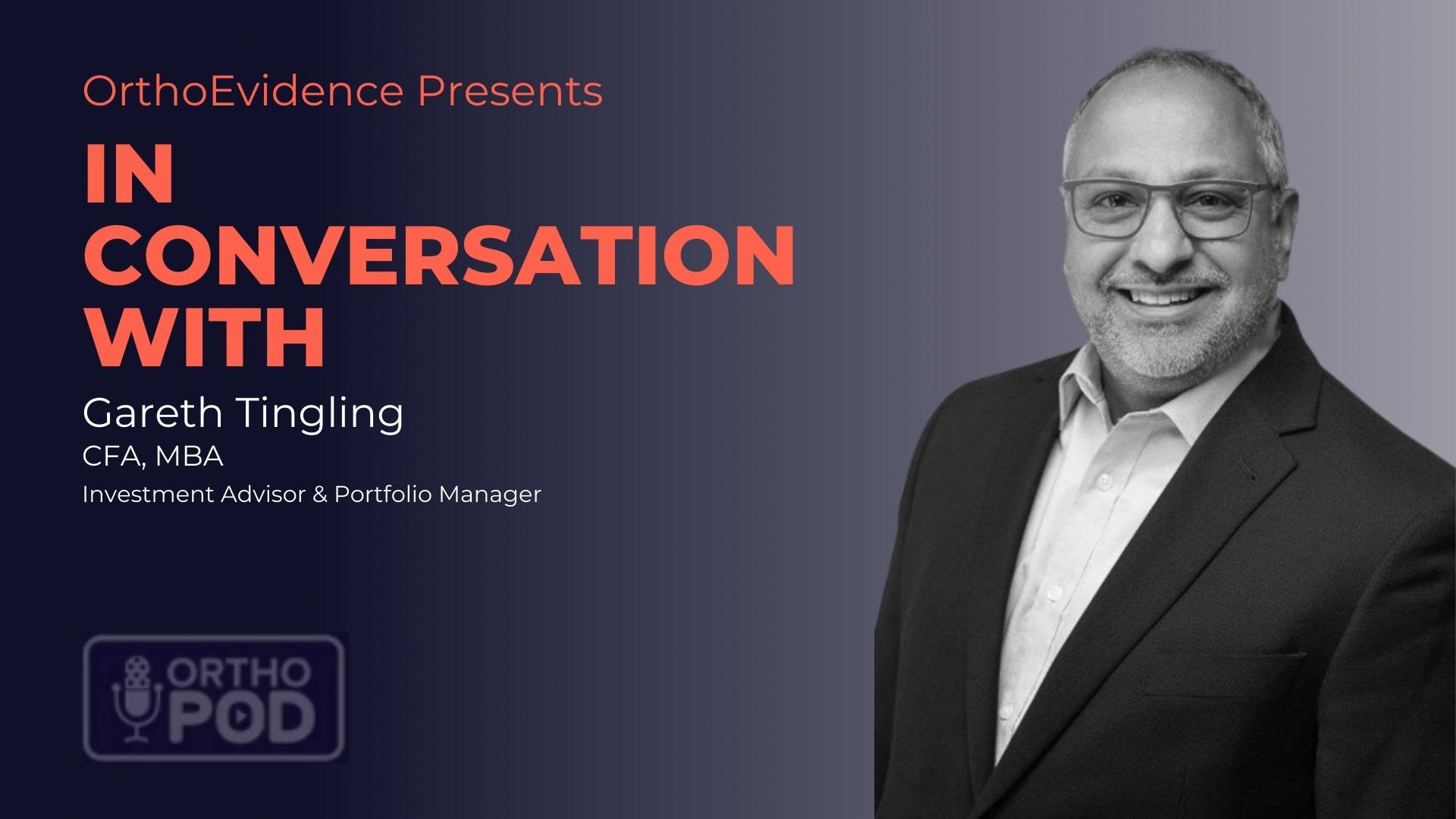

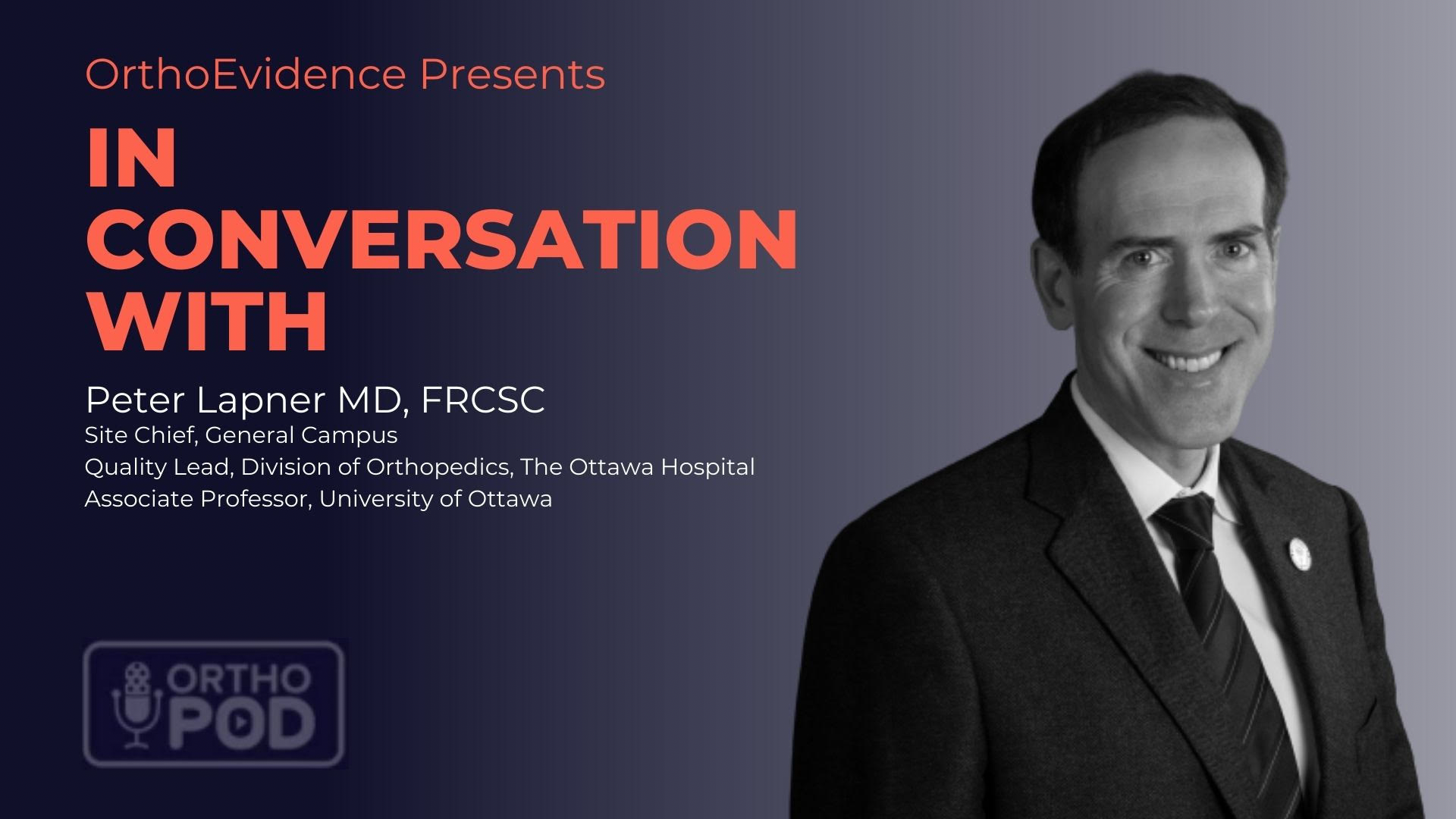


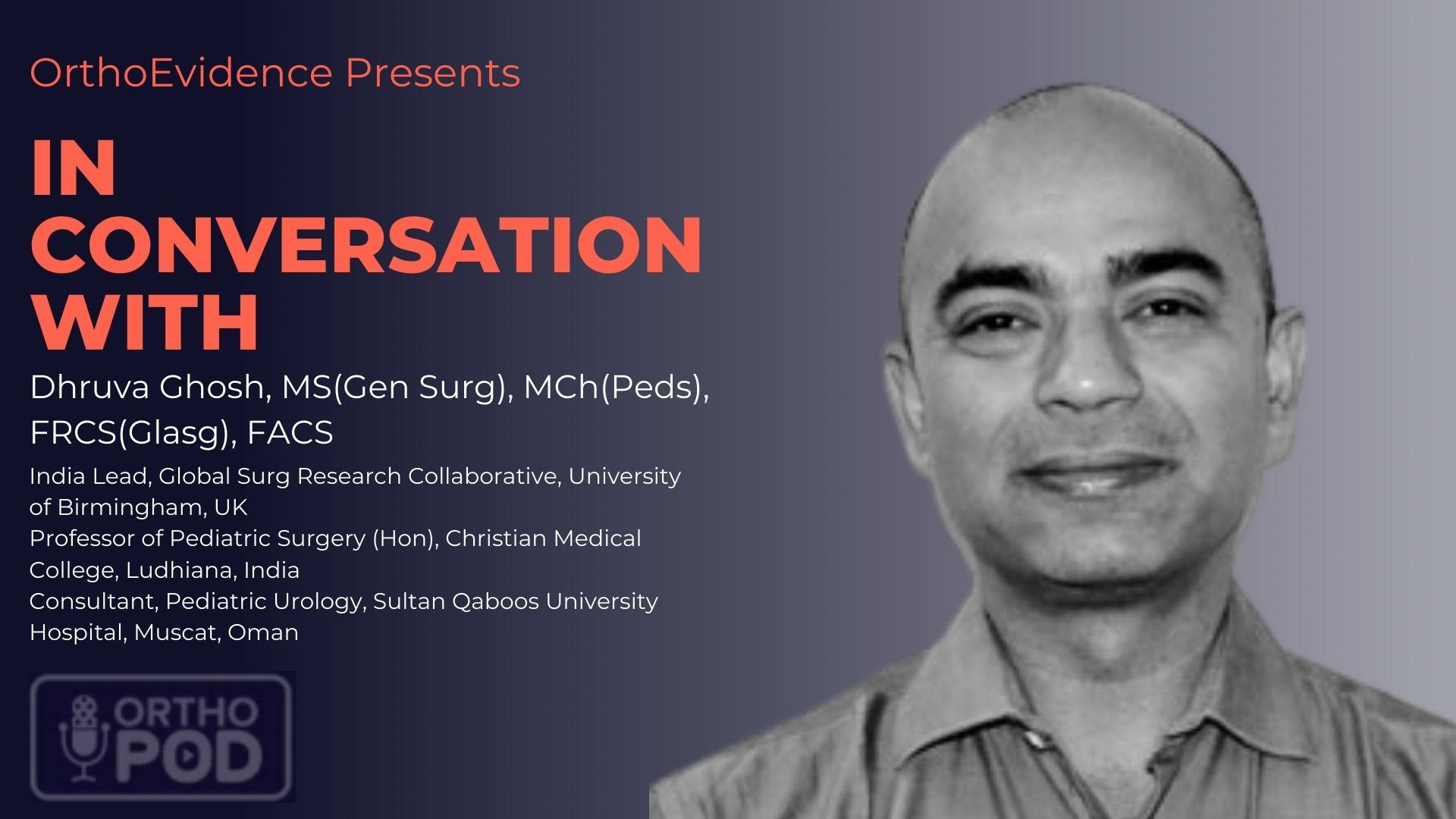



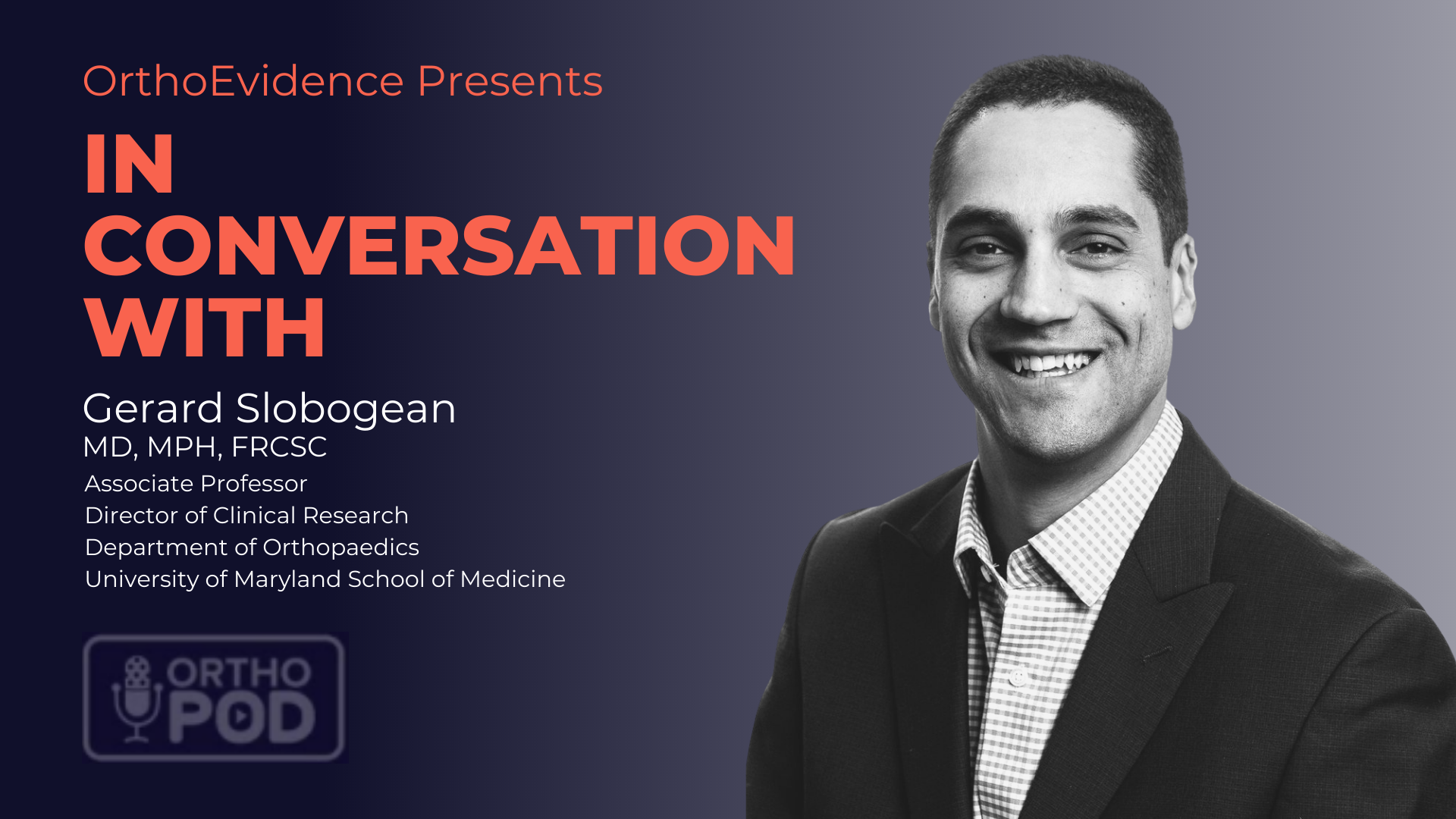
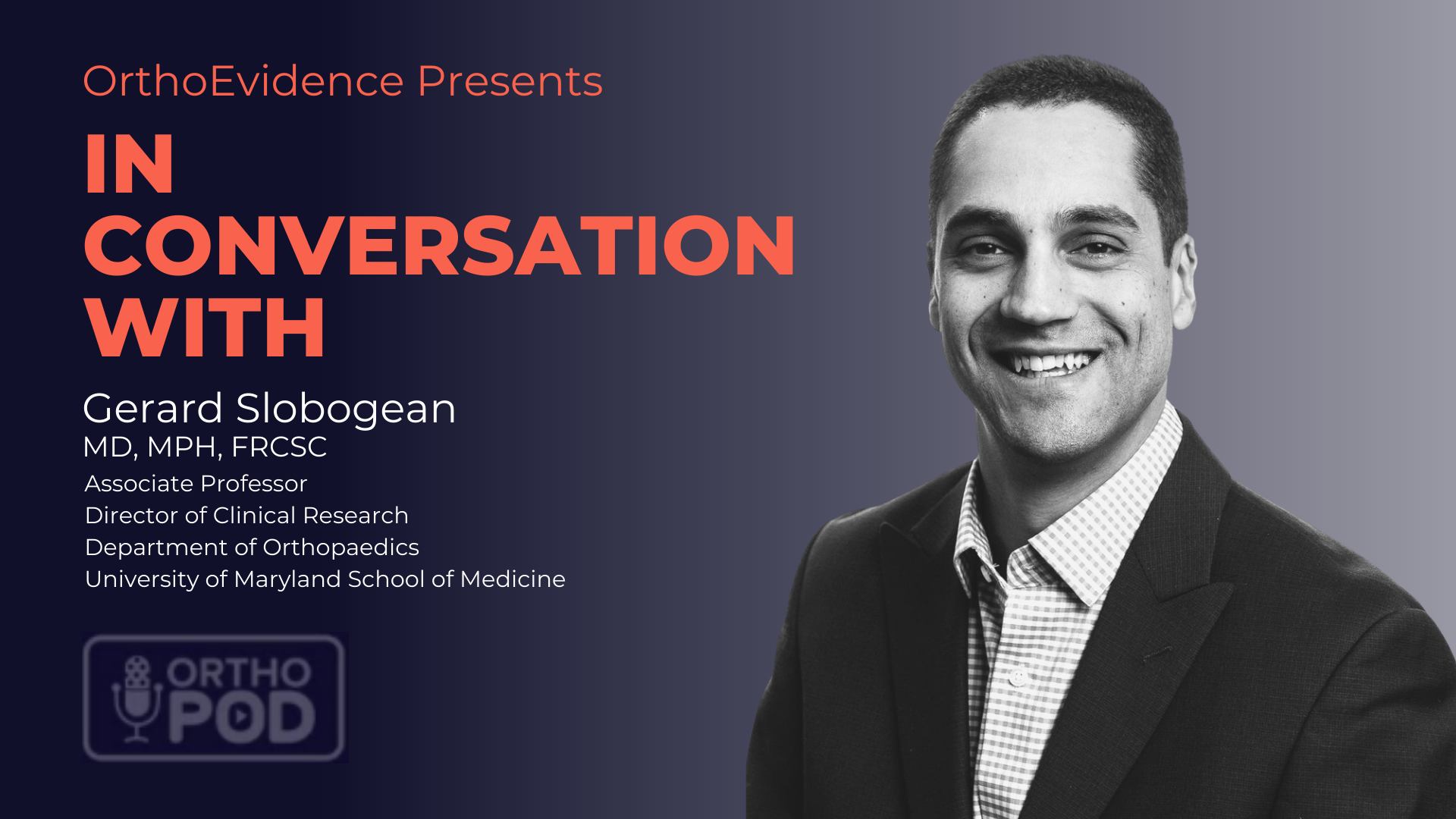


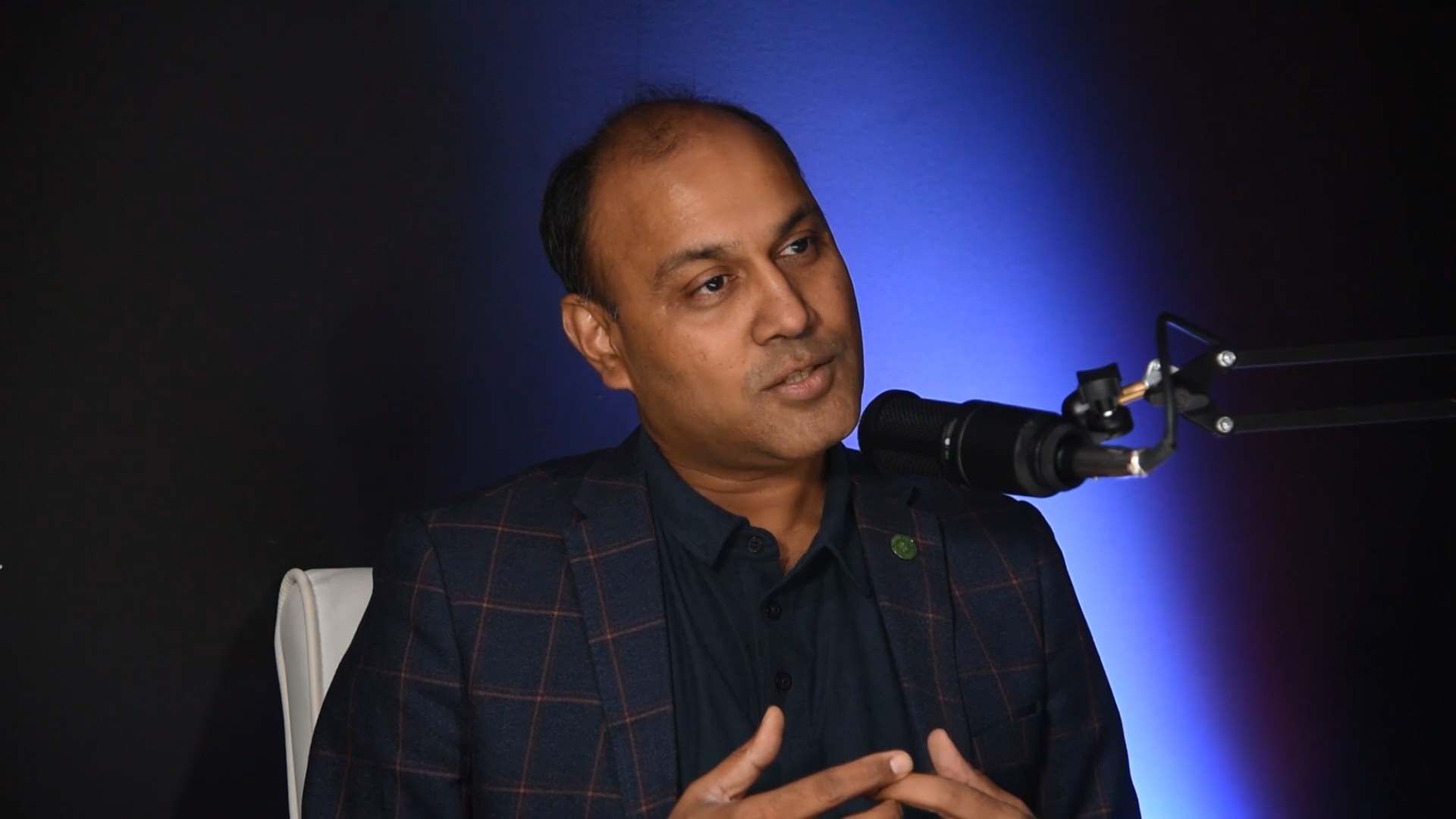

Please Login or Join to leave comments.